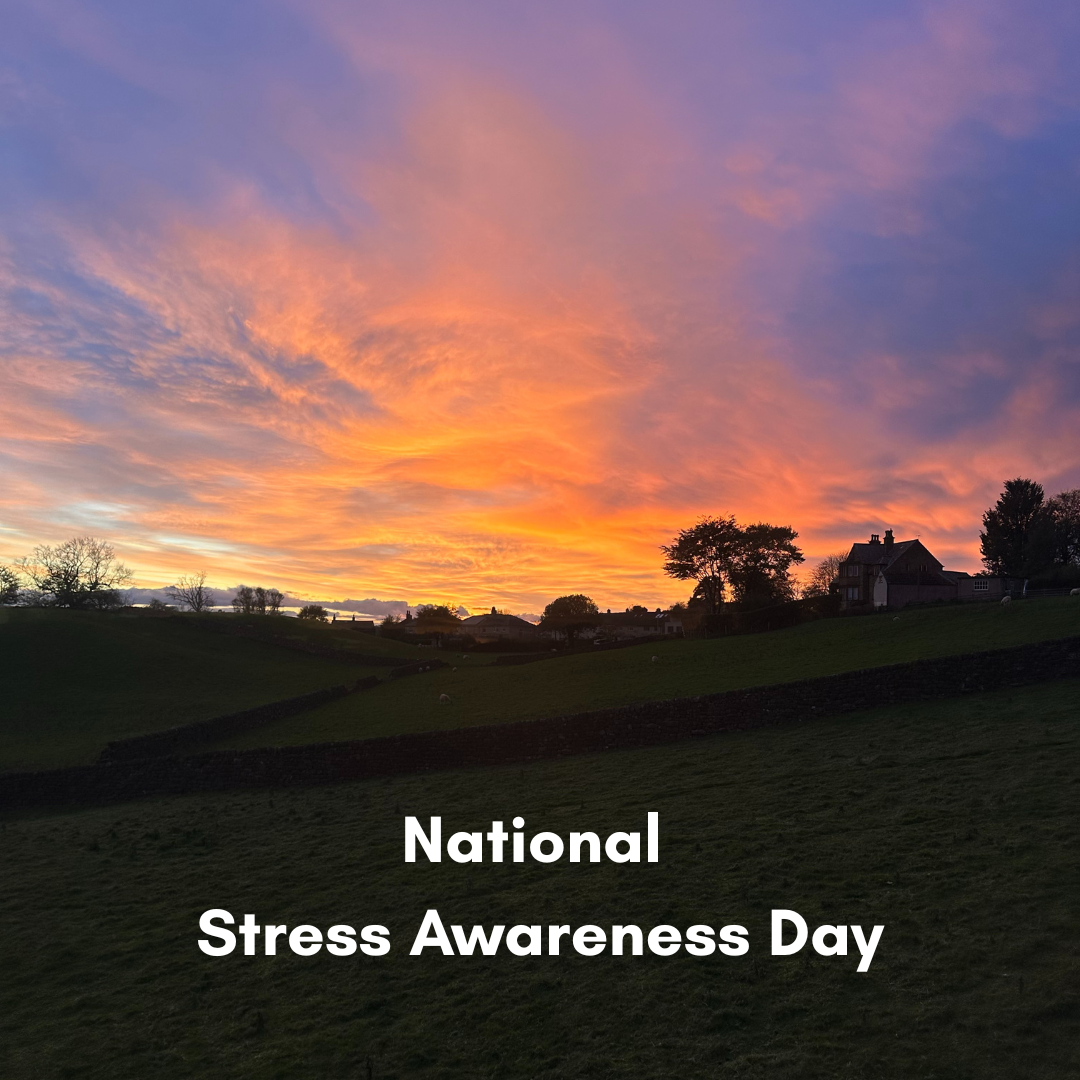National Stress Awareness Day
The first Wednesday in November is National Stress Awareness Day. The day gives us an opportunity to talk about the effects of stress and how we can manage it.
What is stress?
Stress is the body’s natural reaction to feeling threatened or under pressure whether this is real, imagined or perceived. When we’re stressed, our body releases adrenaline. This fight-or-flight response is meant to motivate us to act quickly and protect us from the threat either by confronting (fight) or escaping (flight) danger. You can read more about stress in our previous blog here.
What causes stress?
We’ve all experienced stress at some point in our lives, some more than others. The things that cause us stress and the level of stress we feel in a situation differs from person to person. Pressure at work, school or home, difficult life events or illness can all cause varying levels of stress. However, too much stress can have a negative impact on our mental and physical health and it can even affect our hearing.
What symptoms of stress can I look out for?
Stress can show up in a number of ways and symptoms can affect our physical and mental health. Everyone reacts to stress differently and the symptoms can show up in different ways for different people.
If you’re feeling stressed you may be:
Feeling irritable, angry or teary
Feeling worried, anxious, hopeless or scared
Struggling to make decisions or feeling overwhelmed
Suffering from headaches, muscle pains, chest pains and stomach pains
Feeling sick, dizzy or faint
Suffering from tinnitus (ringing in the ears)
How can I manage my stress this National Stress Awareness Day?
Being aware of and acknowledging our stress is a great first step to gain some control. Being prepared for periods of stress can make it easier to get through them. Knowing how to manage our wellbeing can help us to recover after a stressful event. If you’re struggling, you could make an appointment to see your GP or speak to a trusted friend/family member. Sometimes talking about stress can help you see the causes more clearly.
It’s also important to make time for yourself to feel less stressed and more relaxed. In order to feel better, ask yourself – what do you like to do? And if you’ve been feeling stressed for a long time and forgotten about relaxing – what did you used to enjoy before (even as a child)?
Activities such as:
Reading a book
Watching TV
Taking a bath/shower
Going for a walk
Enjoying time in nature
Listening to music, audiobooks or podcasts
Sleeping
Catching up with friends
Saying no things (it’s OK to say no and cancel things if you don’t feel up to it right now)
Engaging in a hobby
Cooking some food or baking
The activity shouldn’t really feel strenuous or make you feel more stressed. The more wholesome, the better!






